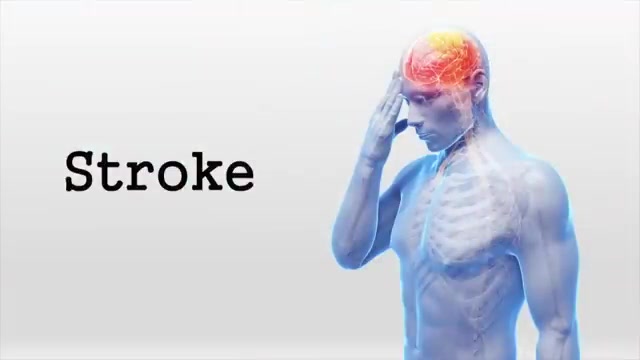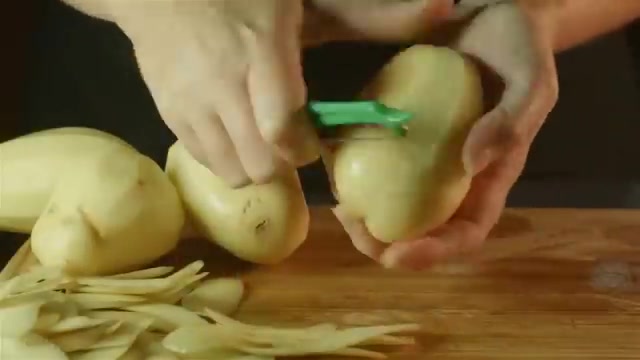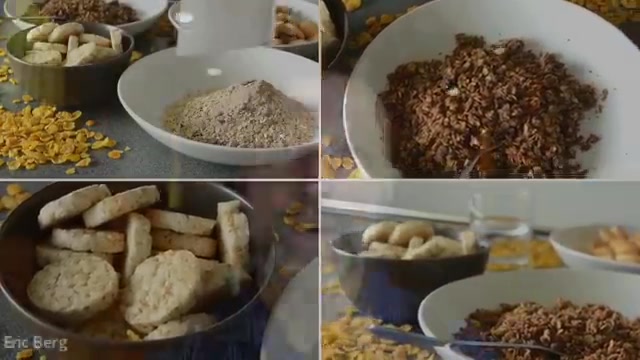
https://www.youtube.com/watch?v=euBpveN9-II
Potassium Deficiency Causes Diabetes

Let's talk about the relationship between potassium and diabetes .
Did you realize that a potassium deficiency could actually trigger a new onset of diabetes ?
If you have diabetes or prediabetes or insulin resistance , this video is very , very important .
In fact , 1 of the common drugs , the first line of defense against high blood pressure is these diuretics called Thiazide diuretics .
And it's well known that they give you a risk of developing diabetes .
Now you think that would discourage doctors from using it , but it's 1 of the big side effects .
These diuretics are used for hypertension .
So that's why they use it .
On the flip side , there's another drug called an ACE inhibitor .
Okay ?
Which actually protects against diabetes .
It actually lowers your risk of getting diabetes , which is interesting , and it too is used for blood pressure .
Now my question is , what's going on here ?

Why would 1 increase the risk and yet the other 1 decrease the risk ?
And I believe it has everything to do with what these 2 drugs do to potassium .
First of all , the thiazide diuretic depletes your potassium .
If you are consuming a diet that is very low on potassium , like most people , and you're taking this drug on top of that , chances are you can end up with very low levels of potassium .
And without enough potassium , okay , insulin can't be released too well .
So we have a lessened amount or production of insulin when we have low potassium .
Now what's gonna happen when we don't have enough insulin ?
We're gonna have higher levels of glucose in the blood .
What's the name of that ?
Diabetes .
Now with the ACE inhibitor , it just so happens .
1 of the things that it does is it increases potassium by helping you prevent the loss of potassium .

So there's this certain ACE enzyme that's basically increasing blood pressure .
It also helps use hold sodium , and it releases potassium .
And so they develop these ACE inhibitors , okay , to inhibit that enzyme to help you lower the blood pressure .
And 1 of the mechanisms that works is basically by helping you hold potassium .
But my question is this , if potassium not only helps you lower your blood pressure , but also if potassium is deficient , your blood pressure is gonna go up in the 1st place .
So if the way this ACE inhibitor is working by increasing your potassium levels to bring your blood pressure down , then why not just start consuming foods high in potassium or take potassium ?
Why do we need to take a drug to increase our potassium ?
You have to realize how important potassium is for your whole body .
It protects the kidney against kidney disease .
It protects your heart against all sorts of issues .


It keeps the arteries flexible .
It helps prevent a stroke .
And , apparently , it also helps you protect against diabetes because it helps to increase the normal amounts of insulin that you need to regulate this blood sugar .
So we have these interesting , drugs used for various symptoms , but I don't understand why they just don't look beyond that .
And what's really underneath this problem .
There are so many people that get rid of their blood pressure problem by taking potassium .
And there's also a lot of people that improve their blood sugars by taking potassium .
So as far as metabolic syndrome , where you have both blood pressure problems and glucose , potassium is probably 1 of the most important minerals to take , especially since the majority of the population just does not get enough .
The requirements for potassium are extremely high .
And you might not realize this .
So 1 banana will give you like 300 milligrams of potassium , You need 47100 .

Okay ?
Banana , 300 .
Requirement , 47100 .
Potatoes are high in potassium .
Leafy greens are the best source of potassium .
Big salads .
Avocado is really good .
You can also get potassium from electrolyte powders because a lot of times the pills only come in 99 milligrams .
Again , you need 47 100 milligrams .
Okay ?
So you'd have to have a lot of pills to achieve that daily recommended amount .
Our bodies also need potassium for the sodium potassium pump , which is in every single cell in your body to help power the nervous system in connection with the muscles .
And this is why if you're low on potassium , you feel kinda tired .
Potassium also helps to regulate sodium , and you need this balance of at least twice as much potassium as you do sodium .
In fact , if you have a salt sensitivity , which means a intolerance for salt , what that really means is you just need more potassium .

And if you're eating a lot of carbs and sugar , it takes potassium to store this sugar .
So a good amount of potassium in the body gets locked up in this sugar .
This is why when when you go on a low carb diet , you get rid of so much fluid because you're getting rid of all this excess glucose that's stored as glycogen .
Some people can lose up to £11 of fluid just by getting rid of this , this excess of glucose that's stored .
But in the process , you're gonna lose potassium too because it's locked up into the glucose .
This is why it's really important to take potassium or get enough from the diet when you're doing the ketogenic diet or a low carb diet .
But then again , if you're on a high carb diet , you need it even more .
1 last point about this interesting relationship between , potassium and insulin .


When someone's a type 1 diabetic , right , and they forget to take their insulin , they can start generating massive amounts of ketones way , way higher than , you could if you didn't have the problem , and that's called diabetic ketoacidosis .
1 of the big treatments for this is to take potassium , which will not only help alkalize the body because it's alkaline , but it can definitely help , protect against this condition .
Why ?
Because potassium is needed to make this insulin to increase the production of insulin .
So it's my belief if you have enough potassium as a diabetic type 1 , you probably would not develop ketoacidosis .
But , of course , that's just my opinion .
Check with your doctor before taking any actions on this video .
There's a lot more to learn about potassium .
So if you have not seen this video , you should check it out .
I put it up right here .
Are you looking for a way to reach a wider audience and get more views on your videos?
Our innovative video to text transcribing service can help you do just that.
We provide accurate transcriptions of your videos along with visual content that will help you attract new viewers and keep them engaged. Plus, our data analytics and ad campaign tools can help you monetize your content and maximize your revenue.
Let's partner up and take your video content to the next level!
Contact us today to learn more.